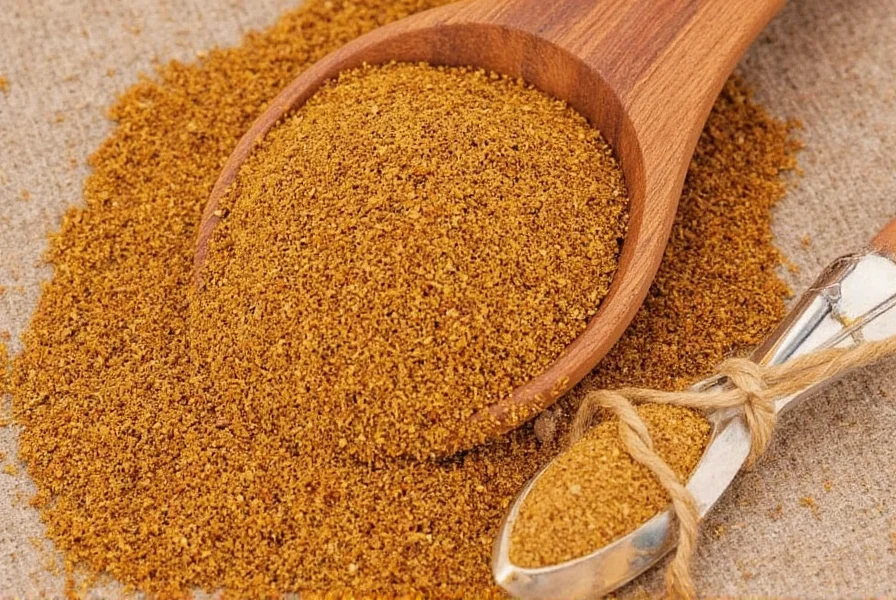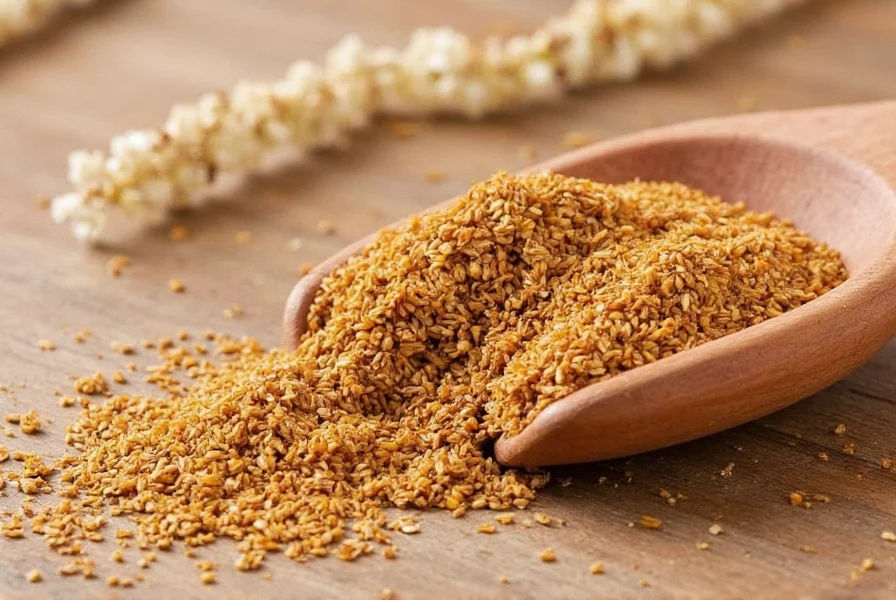Cumin (Cuminum cyminum), one of the world's oldest spices, has been used for both culinary and medicinal purposes for thousands of years. Modern research continues to validate many of the traditional health claims associated with this aromatic seed, revealing impressive scientific evidence behind cumin's therapeutic potential.
What Makes Cumin Nutritionally Unique
Beyond its distinctive earthy flavor, cumin contains a powerful combination of bioactive compounds that contribute to its health-promoting properties. The spice is particularly rich in cuminaldehyde, thymol, and various terpenes that work synergistically to deliver multiple health benefits.
| Nutrient | Amount per 1 Tbsp (6g) | % Daily Value |
|---|---|---|
| Iron | 1.4 mg | 8% |
| Manganese | 0.3 mg | 14% |
| Magnesium | 24 mg | 6% |
| Calcium | 32 mg | 3% |
| Dietary Fiber | 0.6 g | 2% |
Science-Backed Health Benefits of Cumin
Digestive System Support
One of the most well-documented benefits of cumin relates to digestive health. Studies show that cumin stimulates digestive enzyme secretion, particularly those produced by the pancreas, which enhances nutrient absorption. Research published in the Journal of Ethnopharmacology demonstrated that cumin extract significantly reduced symptoms of irritable bowel syndrome, including bloating and abdominal pain.

Blood Sugar Regulation
Multiple clinical trials indicate cumin's potential for managing blood glucose levels. A 2019 study in Nutrition Research found that participants who consumed 75mg of cumin extract daily for eight weeks showed significant improvements in fasting blood sugar and HbA1c levels compared to the placebo group. The active compounds in cumin appear to enhance insulin sensitivity and protect pancreatic beta cells.
Anti-Inflammatory Properties
Chronic inflammation underlies many modern diseases, and cumin contains potent anti-inflammatory compounds. Research in Phytotherapy Research identified that cumin's essential oil components significantly reduced inflammatory markers like TNF-α and IL-6 in animal models. These effects suggest cumin may help manage conditions like arthritis and other inflammatory disorders.
Antioxidant Capacity
Cumin ranks among the spices with the highest antioxidant activity. A comparative analysis in the Journal of Agricultural and Food Chemistry found cumin's ORAC (Oxygen Radical Absorbance Capacity) value exceeds many common spices. These antioxidants combat oxidative stress, potentially reducing the risk of chronic diseases including certain cancers and neurodegenerative conditions.
Iron Absorption Enhancement
For individuals with iron deficiency, cumin offers a dual benefit: it contains iron itself (providing 8% of daily needs per tablespoon) and enhances the absorption of non-heme iron from plant-based foods. This makes cumin particularly valuable in vegetarian and vegan diets where iron absorption can be challenging.
Cholesterol Management
Several studies indicate cumin may positively affect lipid profiles. Research published in Complementary Therapies in Medicine showed that daily consumption of cumin powder reduced LDL cholesterol and triglycerides while increasing HDL cholesterol in participants with type 2 diabetes. The mechanism appears related to cumin's ability to modulate cholesterol metabolism in the liver.
How to Maximize Cumin Benefits in Your Diet
To fully benefit from cumin's properties, consider these evidence-based consumption methods:
- Dry roast whole seeds before grinding to enhance bioactive compound availability
- Combine with healthy fats like olive oil to improve absorption of fat-soluble compounds
- Pair with vitamin C-rich foods to boost iron absorption
- Use in cooking rather than adding at the end for maximum flavor extraction

Potential Side Effects and Considerations
While cumin is generally safe when consumed in culinary amounts, some considerations exist:
- Excessive consumption (more than 2-3 teaspoons daily) may cause heartburn in sensitive individuals
- Those on blood-thinning medications should monitor intake due to cumin's vitamin K content
- Pregnant women should avoid medicinal doses as high amounts may stimulate uterine contractions
- Individuals with bleeding disorders should consult healthcare providers before consuming large amounts
Cumin Compared to Other Spices
While many spices offer health benefits, cumin stands out for its specific combination of properties. Unlike turmeric which primarily offers curcumin, or ginger with its gingerols, cumin provides a unique profile of cuminaldehyde and other compounds that work differently in the body. For digestive support specifically, cumin shows stronger evidence than many other common spices.
Conclusion: Incorporating Cumin Wisely
The health benefits of cumin seeds are increasingly supported by scientific research, particularly for digestive health, blood sugar management, and inflammation reduction. While not a miracle cure, regular culinary use of cumin as part of a balanced diet represents a practical, evidence-based approach to enhancing overall wellness. For therapeutic applications beyond culinary use, consult with a healthcare provider to determine appropriate dosing and ensure compatibility with existing health conditions and medications.











 浙公网安备
33010002000092号
浙公网安备
33010002000092号 浙B2-20120091-4
浙B2-20120091-4